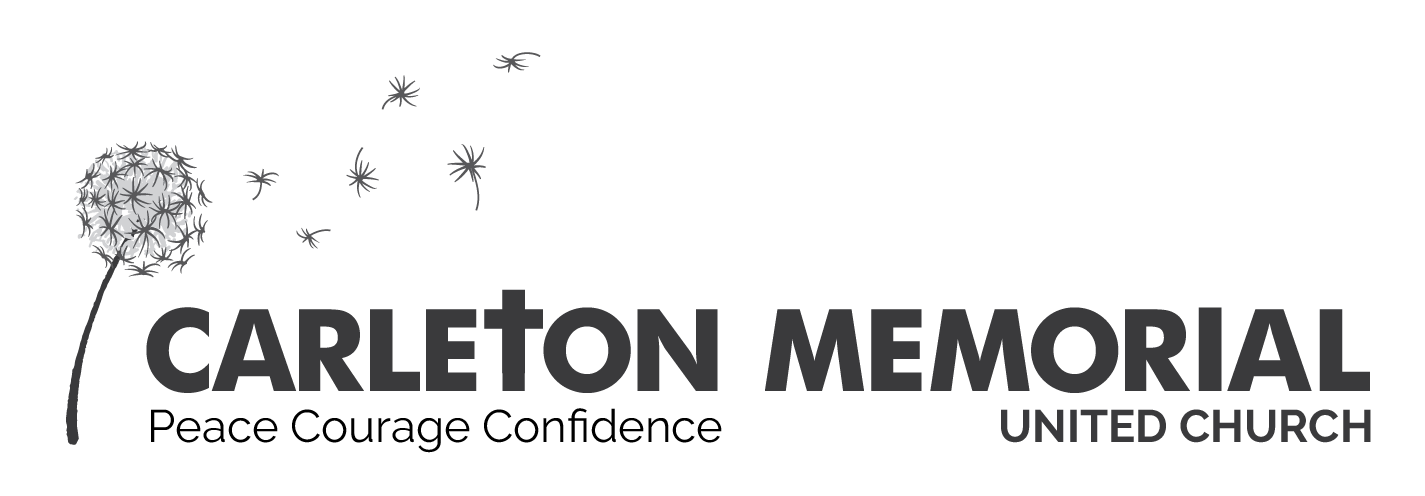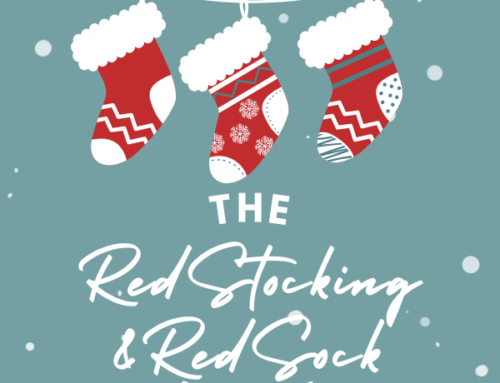Whenever I read story about a police officer or a police force gone wrong, I think about Constable David Peterson (Not his real name. Some details have been changed, but this story is true).
I have known many police officers in my career. But what makes Dave stand out is that he gave me an inside look at police work. AND he gave me an insight into what I can do to help make things better. (If you want to know his story now – fast forward to the second half of this blog. I went on a 12 hour ride-along with him one night.)
This Blog-post is addressed to the bystanders of police related incidents – the vast majority of us who will go an entire lifetime never really knowing what it is like to be involved in a “police related incident”, regardless of the side you’re on. It’s about raising awareness to see a bigger picture. (If you are someone who has been hurt by law enforcement, either as a civilian or an officer, I do not want to make light of your story. Far from it. Anybody who has been hurt has the right to restitution, and it is incumbent upon society to make that happen. And I am aware that in one blog, I am giving one man’s perspective only. Law enforcement is a massive issue.)
It’s about inviting you to not wait for another tragic story before being active in cultivating a healthier law enforcement culture – from all facets of our society. Because maintaining a peaceful law abiding society is not just the responsibility of the police. If there is one thing that Dave showed me, it’s that. Bystanders have a role to play.
Every time there is negative news about the police, my heart feels a noticeable twinge. Immediately my mind turns to the victims – those that are seen and those that are unseen.
Usually, it’s the unseen victims’ stories I hear; the people who are not directly involved in whatever recent tragedy has occurred, but who carry a story from the past. Something gets triggered in them and they need to flush certain feelings.
Some of those unseen victims are other police officers. When a negative story about the police hits, police officers suffer too. (I have spent time with over a dozen law enforcement officers and many of their family members during the course of my ministry. I have spent some time with corrections officers as well.) They suffer in part because their emotions are so mixed. At least that’s what they have said. Some have said there is shame because they want to wear their uniforms with pride. They can be incensed or seriously discouraged by the behavior of offending officers. They are hurt when they feel misunderstood. Then there is the subsequent anger, often bottled up, because they are not sure where to put it, not sure who is willing to listen, not sure if it’s even going to make a difference. Then there is fear, because they fear judgement and they fear that their job is now only being made more difficult.
I think it is safe to say that every time there is a negative story in the press about the police, officers feel grief.
As much as we know that this is not the image of what police work is about, I can’t help but wonder how much images like this blind us to how complex the work is. When bystanders do nothing, everybody loses. We are not called to act out in acrimony or live in apathy. We are called to be engaged with grace and persistence.
Dave carried lots of stories as many officers do. Mid-way through his career he needed to take sick leave because he saw his partner fatally wounded at point blank range. They were on a routine call, or so they thought. He eventually returned to police work but only after moving his family to another town and to a smaller detachment. He thought it was going to be easier. He was wrong. It was just as hard.
As far as Dave saw it at that time, it was the political class that needed to take action and rethink ideas around justice by involving grass roots police officers in the process. He spoke about the ups and downs of our political and social climate, but I won’t get into that here because I am not an investigative journalist. I am just relaying his impressions from a certain time.
What I would like us to hear is that Dave felt trapped, hands tied behind his back at times. I want us to hear that “more training” means nothing if our societal approach to law enforcement doesn’t balance justice with healing – for all involved – because without healing there is no justice. I want us also to hear that simplistic solutions will never work. That’s what I hear in Dave’s story. (And that has been echoed by a few police officers I have interacted with.)
There was a time where he would meet with me weekly – in the hopes that someone would just understand. He believed that if enough people knew what it was like to be him, an enlightened public could support him to do his job better by engaging our society and that change could come for the better. That was his hope. Dave made no excuses for anybody, including himself.
I would hear about the various stresses of the job and how that was effecting his family. As part of that, he invited me on an over night ride-along. I spent 12 hours with him on patrol. (I signed I don’t know how many waivers. It was clear that my safety was paramount. They could ask me to leave at any time. It was a relatively small town. How dangerous or difficult could this be?)
Here is a synopsis of the evening.
1st Call: Older teenagers are bullying younger one’s in a park. One gets belligerent with Dave, so he drives her home to speak with the parents. He radio’s the visit in. Turns out the teenager is known to police and the family is on the youth protection registry. The authorities are notified, but Dave needs to move on, even as we are left wondering if the teenager is okay.
2nd Call: A break and enter. Not much seems to be missing. Thankfully there is no vandalism. Dave takes the notes to file a report later.
3rd Call: We arrive at one of the town’s nightclubs where someone is suspected of dealing drugs to the patrons standing in line to get in. When we arrive, the suspected dealer thinks about running but changes his mind. Dave checks his ID. He’s not from our town and Dave has no proof of any crime so can’t make an arrest. He tells him go back home. He phones it in to the station. Police from the other town are notified.
4th Call: Disturbing the peace. We arrive at an apartment building. There is no noise when we get there. The person who called the police seems a little out of it, but that may only be because we woke him up. I wonder if this person is not under the influence of something. I have no proof really, but my mind goes there anyway. I am uncertain about what I am supposed to feel actually.
5th Call: Suspected attempted break-in. When we arrive, the woman who made the call appears very disoriented. We search her apartment. Everything seems to be okay. Dave tells her to call 911 again if there is anything. Again, I wonder if this person hasn’t consumed narcotics. Same mixed feelings as the last call.
6th Call: A late-night convenience store clerk has been assaulted with a knife in the next town over. The perpetrators are reported to be headed our way on a secondary rural highway. We are sat parked at the border of Dave’s jurisdiction, waiting to intercept. Other police vehicles are in the vicinity. Dave tells me that under no circumstances am I to leave the car and that he may ask me to leave now, depending on what we hear next. We wait and my heart is pounding with adrenaline. So is his. The car is intercepted by provincial police and the incident is over that fast. We go get something to eat.
7th Call: We spot a rental delivery truck with out-of-province plates on it parked in an industrial parking lot. The drivers claim to be fine. But Dave smells something fishy and probes. Turns out that they are making a furniture delivery (in the middle of the night???) to an establishment known to be owned by organized crime. Later, Dave tells me that the town has been blindsided and they are trying to crack down on drug activity as much as they can. Crime organizations have been suspected of approaching high schools. He has children in the school. He decides to “escort” the drivers to their destination to send a message.
8th and Final Call: Someone is in town and breaking the terms of their parole by being there. The tip to police has been made by the man’s estranged girlfriend. Dave waits for back-up before entering the house to make the arrest. Two hulking police officers show up and the three of them approach the house. They are met on the front lawn by the owner who has a pit-bull on a leash. After some negotiation the owner of the house realizes that resistance is futile and the three officers enter the home. They emerge with young man of slight build, his hands cuffed behind his back. Dave puts him in the back of his car and off we go to the station. The man is clearly under the influence. His words are erratic and slurred. He is pleading with us in the car, knowing that he is likely headed back to prison. We enter a special holding garage in the station. Dave leaves him in the car for a time for him to cool off. The Sergeant on duty shows me the man’s rap sheet – clearly someone who could be considered dangerous. The rap sheet is long. Eventually another officer comes to get the man from the car and bring him to a cell.
There is no time really to go back out on patrol. Dave has lots of paperwork to fill out. I hang out with the officers in the office until the shift is over – dead tired by the time I get home.
What I remember most about the evening was how I could never really relax. Even the boring parts where nothing was really going on were stressful. Every call we took involved a fair bit of uncertainty and required judgement. I am not sure how someone does that and keeps a “normal” lifestyle. Certainly none of the police officers I have known can say they did. Most of them had family problems stemming from the job.
There is no question that there are serious issues where police culture is concerned. I think Dave wanted me to know that understanding how tough his job was is part of that.
Here are three things that you can do right now to help improve the situation:
1) Get yourself and your family involved with a volunteer organization (Hmm… like a good church that does outreach maybe??? Our former Governor General, her Excellency Adrienne Clarkson told me that volunteers are the backbone of Canada. Some of that outreach could involve advocacy work for victims that is grace filled).
2) Involve the police in the life of your congregation or community. (For example, Carleton Memorial has offered our church as a meeting place for a community watch program. Following that, we invited the constable to speak to us as part of Sunday worship about a special part of his career working with the United Nations.)
3) Encourage the generations of your family or volunteer organization to blend and listen to each other. (It’s a way to learn to be good citizens. The more good citizens are cultivated, the less the police may need to do).
Have a great week. Be a blessing. Be blessed.
Rev. Eric Lukacs













Connect with Carleton Memorial